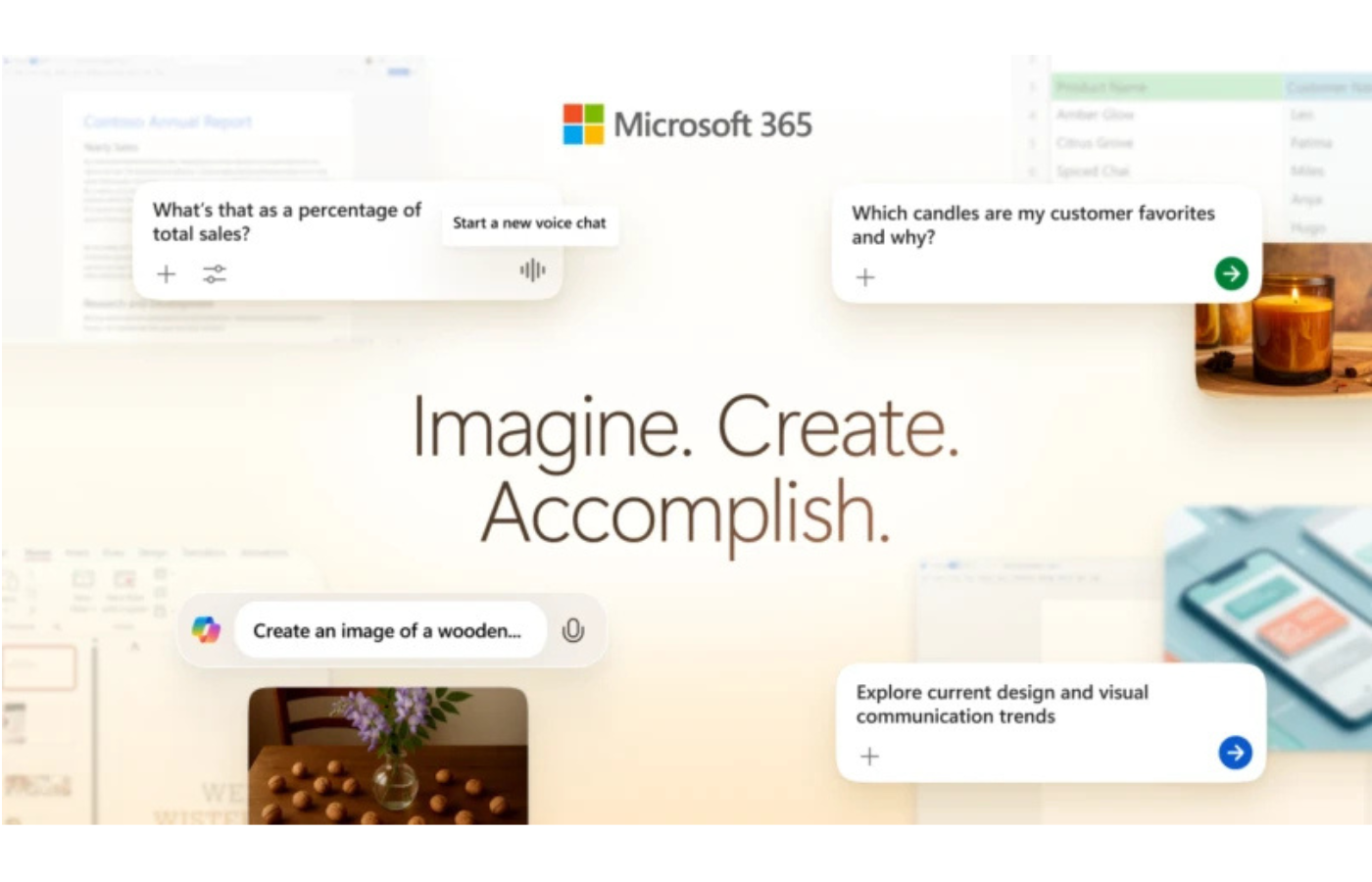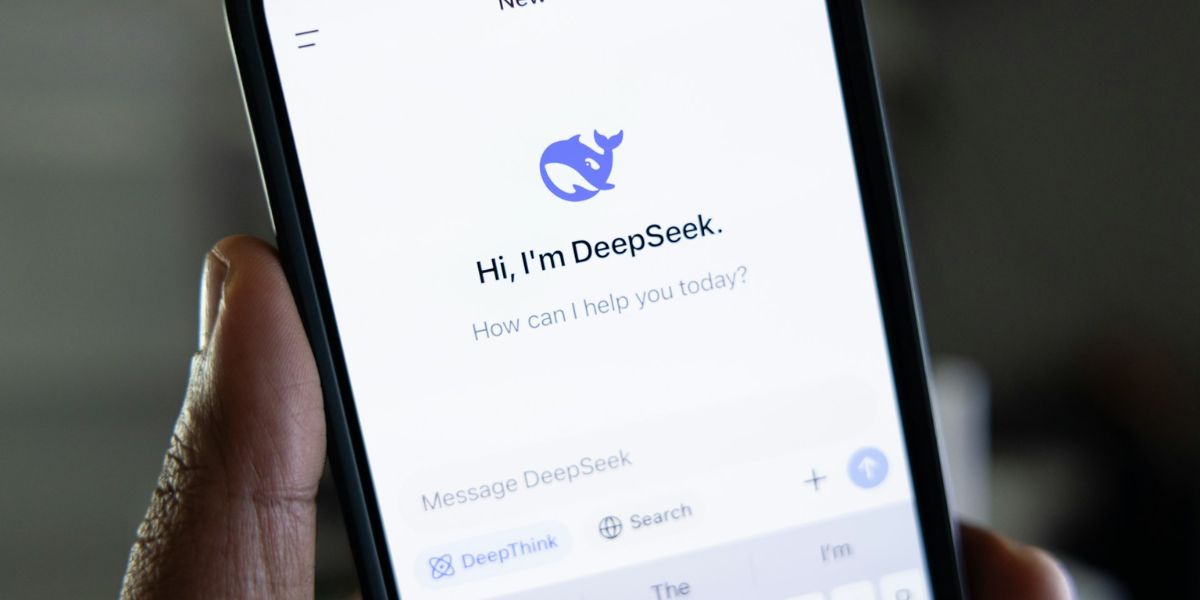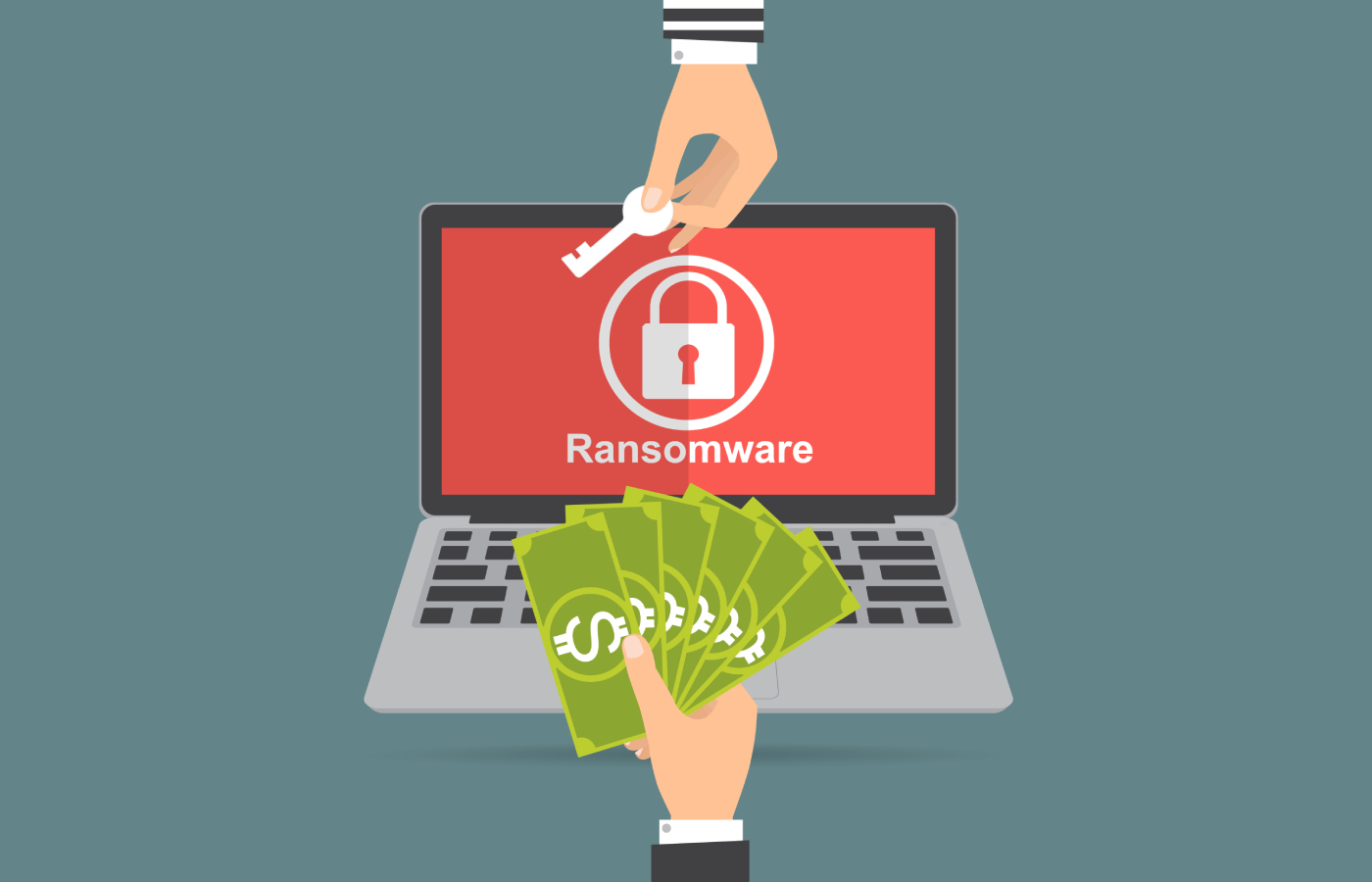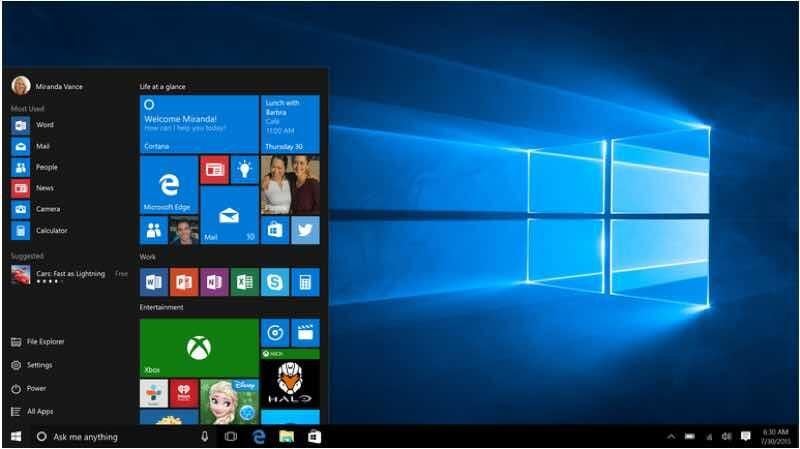BT, the owner of UK mobile network EE, today said it is aiming to deliver 5G standalone network coverage to 99 percent of the UK population by 2030, a target it says is four years ahead of the ambitions of its rivals.Newly merged competitor VodafoneThree says it will bring nationwide 5G standalone by 2034, while Virgin Media O2 claims its own 5G standalone network reaches 70 percent of the UK population.These percentage targets and claims notably address UK population reach rather than geographical coverage.Article continues below ADVERTISEMENT Read more: Vodafone and Three customers set to benefit from more free network upgrades Read more: O2 confirms network switch off and your phone may stop working on this date 5G standalone is a network technology that delivers 5G signals with fully 5G network equipment, rather than older 5G that was built on top of existing 4G networks.BT and its rivals say this form of 5G will give customers faster speed on their 5G devices, but the technology also allows operators to manage more capacity on their networks as the demand for 5G data continues to grow.BT said its 5G+ network, its name for 5G standalone, has up to 100 times more capacity than 4G, which improves connections in crowded places including populous cities and stadium events.The firm said it had rolled out more than 1,500 small cells, which are miniature cell towers, across the country to help spread better 5G service.
Article continues below ADVERTISEMENT“From the buzz of Cheltenham Festival, to the thrill of SailGP, to the unforgettable final Oasis gigs at Wembley last weekend, 2025 goes to show that EE’s network continues to underpin the UK’s iconic moments,” said Howard Watson, Chief Security and Networks Officer, BT Group.“Given the value people put on staying connected, our vision for EE – the UK’s best network – matters more than ever.5G: The pros and cons of the new mobile network “That’s why today we’re announcing our ambition to deliver 5G standalone to 99% of the UK population by the end of FY30 – four years ahead of any other UK mobile operator's stated projections.”Watson added that BT had decided to adopt the term 5G+ rather than the technical term ‘5G standalone’ because it was “in language that’s simple and relatable”.He also called for the UK Government to launch a review into how it can better support the rollout of nationwide 5G coverage.“This could examine planning reforms to accelerate the rollout of new network equipment, to increase the availability of spectrum (the radio waves that enable mobile coverage), and consider removing the Annual Licence Fees currently paid by operators to use spectrum.“We should also recognise that achieving 99% 5G+ coverage, while an important milestone, will not by itself resolve every challenge around mobile coverage and capacity.Targeted interventions will still be required to address specific issues, such as improving connectivity along railways.”BT owns and maintains the EE network.EE in turn lends its airwaves to its mobile virtual network operator (MVNO) partners who use the network to sell mobile services, often at cheaper prices.
Such partners include Lyca Mobile and Utility Warehouse.Read next SUBSCRIBE Invalid emailWe use your sign-up to provide content in ways you've consented to and to improve our understanding of you.This may include adverts from us and 3rd parties based on our understanding.
You can unsubscribe at any time.Read our Privacy Policy









